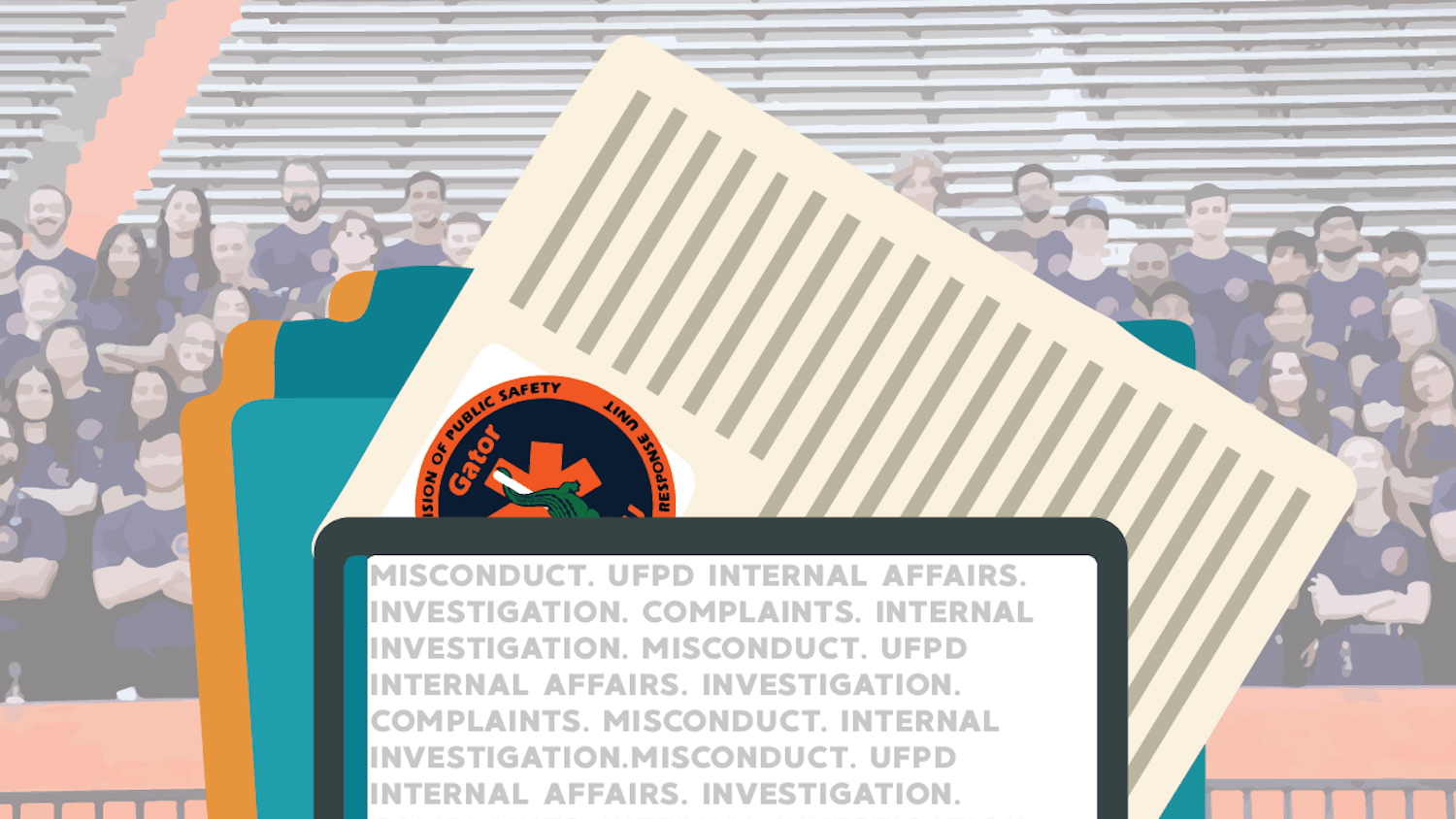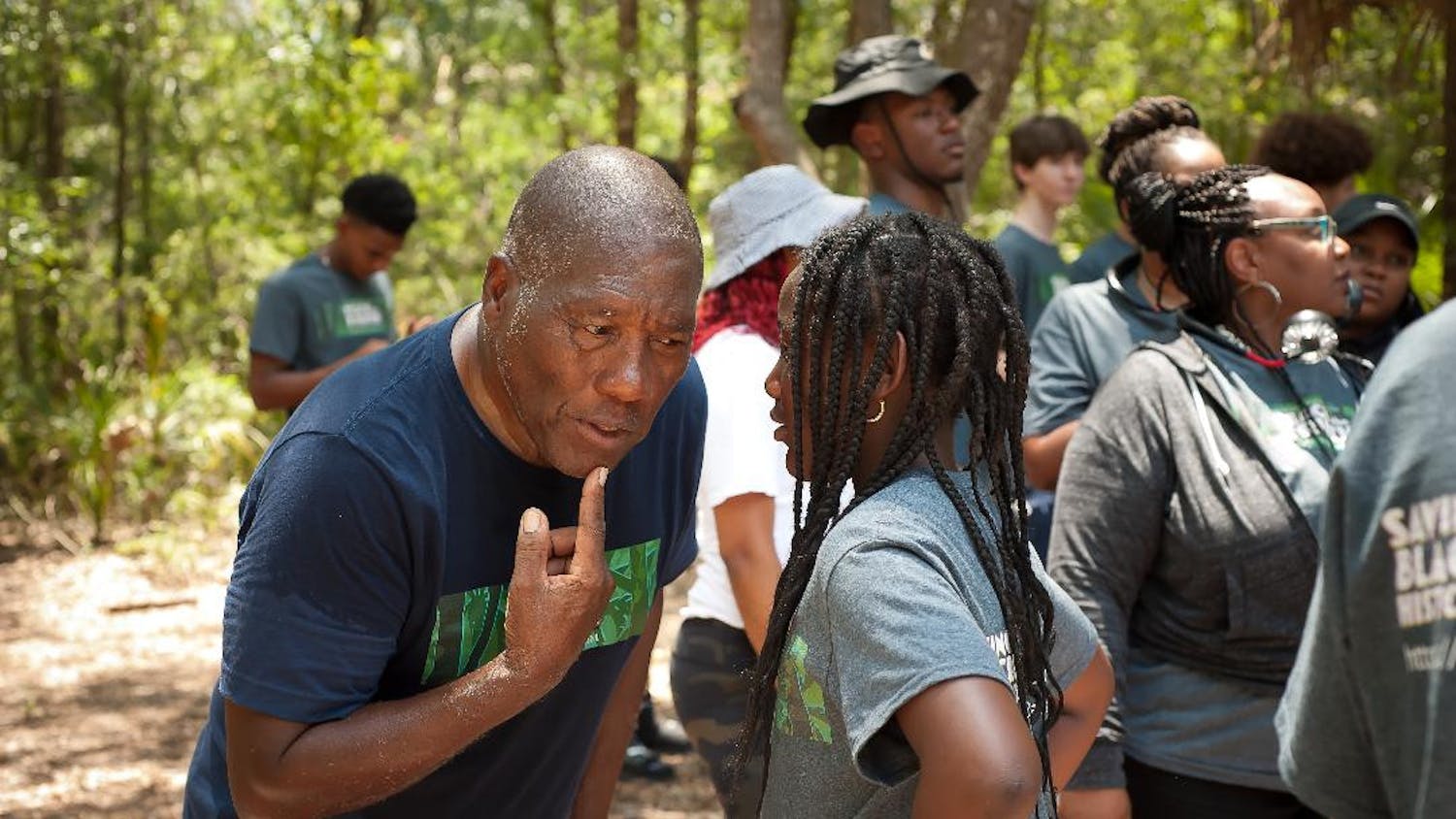UF researchers are working to summarize decades of data on implicit bias to affect cultural standards.
Kate Ratliff, the executive director of Project Implicit, and Colin Smith, the director of education at Project Implicit, are working to address subconscious bias against different races, genders and sexualities.
Ratliff and Smith focus their work around the Implicit Association Test, which was published in 1998, Ratliff said.
The test identifies preconceived, subconscious notions people develop but may not be aware of. Project Implicit is a website run by the UF professors who collect data from millions of test-takers each year.
The goal of Ratliff and Smith’s project is to summarize the state of implicit bias research, Ratliff said. By combining their research with previous studies, the data reveals people are faster to pair white faces with good words and black faces with bad words, she said.
Smith said 70 to 80 percent of white participants show bias, and Asian participants have about the same level of pro-white bias.
“Half of the African-American participants find it easier to pair white with good and black with bad, because it is so ingrained in the culture,” he said.
Smith said explicit and implicit bias differ. White supremacist Richard Spencer, who frequently expresses his favoritism for the white race, is an example of explicit bias, he said.
“It can be difficult to measure the parts of people’s minds that they are not aware of,” Smith said. “It is difficult predicting people’s behavior. Implicit bias deals with things you are unconsciously aware of such as body position, body language and interpersonal interactions.”
Smith performed an experiment in which a black man, seated behind the desk, reacted to a white person walking into a room. By observing the black man’s body language, Smith determined a level of implicit bias present.
Ratliff said everybody has a certain level of bias.
“It is important to have humility about bias,” Ratliff said. “Many people think that they are not biased, unaware that subconsciously we are all biased.”
Smith said it’s important to address internalized bias without lashing out at people.
“In a time where there is a lot of pressure to not say the wrong thing, we have to have space for people to safely confront their own biases,” he said. “We have to have a world where it is OK to say that we are biased. There has to be a way to have a conversation, where people discuss bias openly without hostility.”





